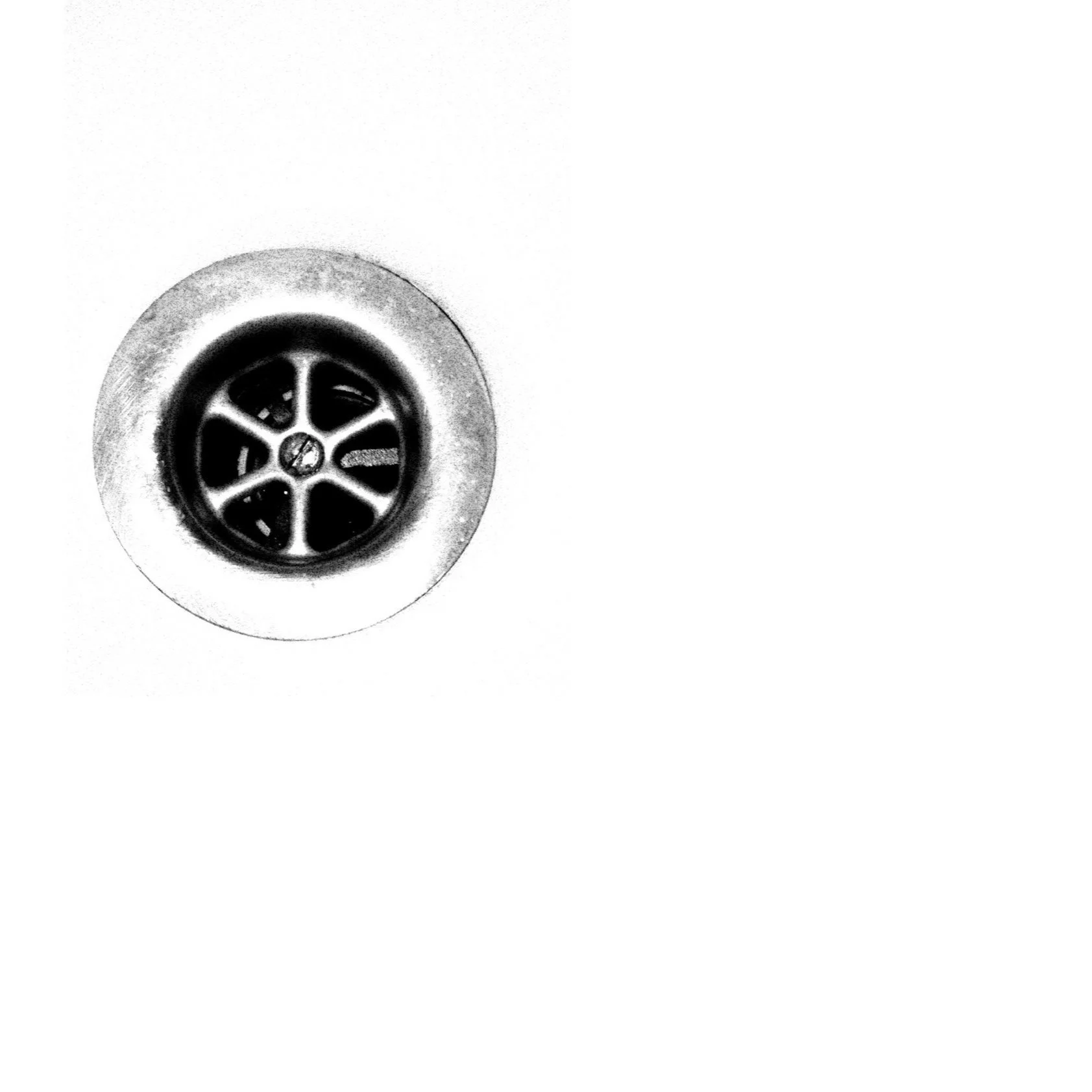Reasons to Avoid Liquid Drain Cleaners
Understanding the drawbacks of liquid drain cleaners and exploring safer alternatives can help maintain the longevity of pipes and prevent costly repairs.
When facing a clogged drain, many homeowners reach for liquid drain cleaners as a quick and easy solution. However, these chemical-based products can cause more harm than good to plumbing systems and the environment. Understanding the drawbacks of liquid drain cleaners and exploring safer alternatives can help maintain the longevity of pipes and prevent costly repairs.
Damage to Pipes
One reason to avoid liquid drain cleaners is the potential pipe damage they can cause. These cleaners contain harsh chemicals that generate heat when they react with the clog. While this heat may help break down the blockage, it can also weaken or corrode pipes, especially older metal ones. Over time, repeated use of these chemicals can lead to leaks, cracks, or even complete pipe failure. A licensed plumber would advise against using these products to preserve the integrity of the plumbing system.
Environmental Concerns
Liquid drain cleaners pose significant environmental risks. The chemicals in these products don't just disappear after use; they enter the water system and can harm aquatic life and ecosystems. Many water treatment facilities struggle to remove these substances entirely, leading to potential contamination of water sources. Opting for eco-friendly alternatives or seeking help from a local plumbing company can minimize environmental impact while effectively addressing drain issues.
Health and Safety Risks
The caustic nature of liquid drain cleaners makes them dangerous to handle. Accidental splashes can cause severe skin burns or eye injuries. Inhaling the fumes from these products can irritate the respiratory system and potentially cause long-term health issues. Furthermore, toxic gases can be produced if different cleaning products are mixed, either intentionally or by accident. A local plumbing expert would emphasize the importance of personal safety when dealing with drain clogs.
Ineffectiveness on Certain Clogs
Despite their marketed effectiveness, liquid drain cleaners often fail to address many types of clogs. These products may temporarily clear minor blockages but are less effective against more substantial obstructions like tree roots or broken pipes. In some cases, they may create a small hole in the clog, giving the illusion of a cleared drain while most of the blockage remains. This partial solution can lead to recurring problems and potentially mask more serious plumbing issues.
Damage to Plumbing Fixtures
Beyond pipes, liquid drain cleaners can also damage plumbing fixtures. Toilets, sinks, and bathtubs are often made of materials that can be corroded or discolored by harsh chemicals. The damage may not be readily apparent but can worsen, leading to costly replacements. A licensed plumber would recommend gentler methods to protect both pipes and fixtures from unnecessary wear and tear.
Interference with Professional Repairs
When homeowners use liquid drain cleaners before calling a professional, the repair process can be complicated. The residual chemicals in the pipes can be hazardous for plumbers working on the system. Additionally, these chemicals can mask the true nature of the plumbing problem, making it more difficult for a local plumbing company to diagnose and address the root cause of the clog.
Safer Alternatives
Several safer alternatives can effectively address clogs instead of relying on liquid drain cleaners. A plunger remains one of the simplest and most effective tools for clearing minor blockages. For more stubborn clogs, a drain snake or auger can physically remove obstructions without the use of harmful chemicals. Baking soda and vinegar, when used properly, can also help clear minor clogs while being gentler on pipes and the environment.
Prevention is Key
The best approach to drain maintenance is prevention. Regular cleaning and proper use of drains can significantly reduce the likelihood of clogs forming. Installing drain screens to catch hair and debris, avoiding pouring grease down the sink, and running hot water through drains regularly are simple yet effective preventive measures. A local plumbing expert can provide personalized advice on maintaining healthy drains based on specific household needs.
Professional Solutions
For persistent or recurring drain issues, consulting a licensed plumber is the most effective course of action. Professional plumbers have the skills, tools, and expertise to diagnose and address plumbing problems without resorting to harmful chemicals. They can use methods like hydrojetting to clear stubborn clogs and perform camera inspections to identify underlying issues within the plumbing system.
By avoiding liquid drain cleaners and opting for safer alternatives or professional help, homeowners can maintain the health of their plumbing systems and contribute to environmental protection. Routine maintenance and prompt resolution of plumbing issues can prevent the need for harsh chemical solutions altogether. When in doubt, contacting a local plumbing company for advice or service is the best way to address drain problems effectively and safely, preserving the longevity of the plumbing system and avoiding potential health hazards.
Rooter Alert Plumbing has fully licensed and insured technicians to provide pipe descaling cast iron pipes, hydro jetting, drain cleaning, and storm drains services in the Riverside, CA, area. Call us at (951) 644-2773.

